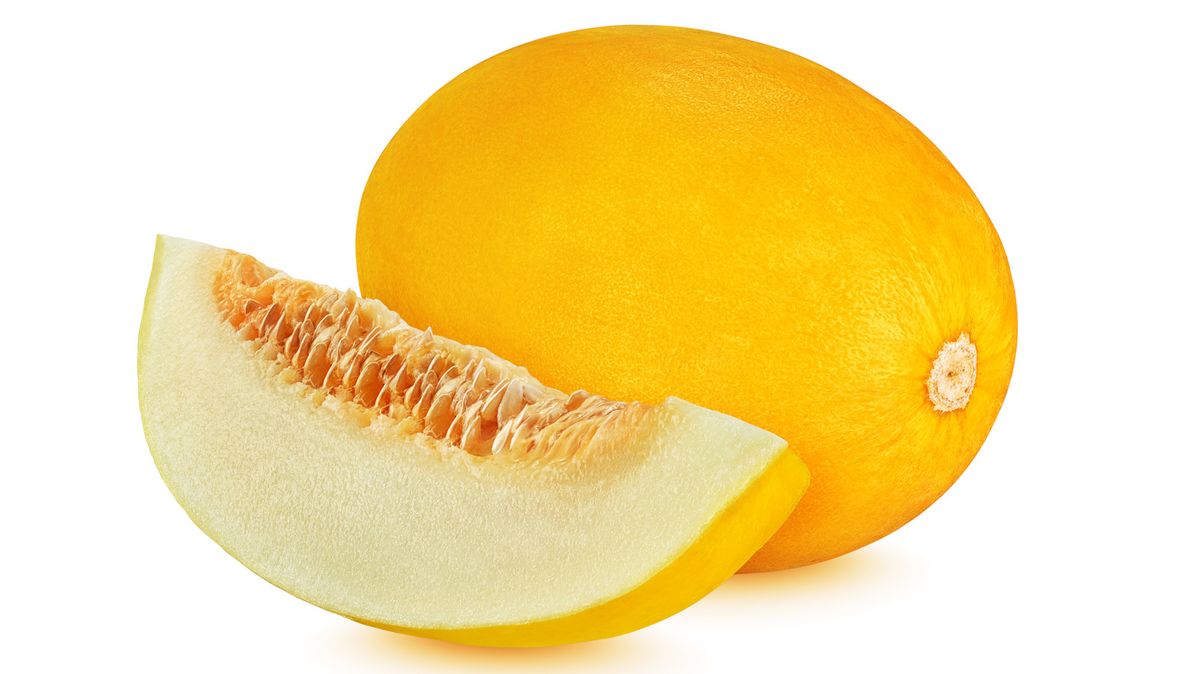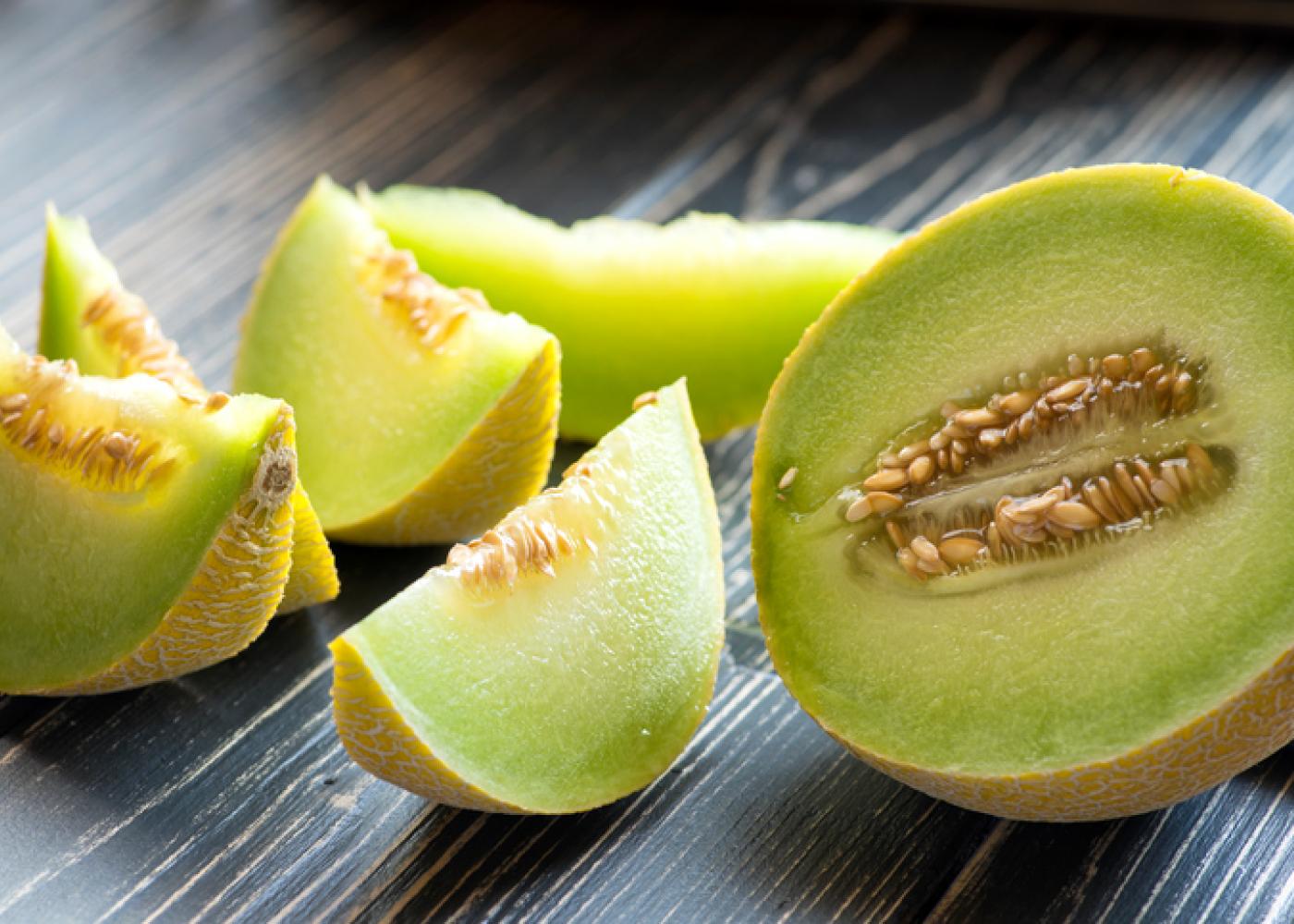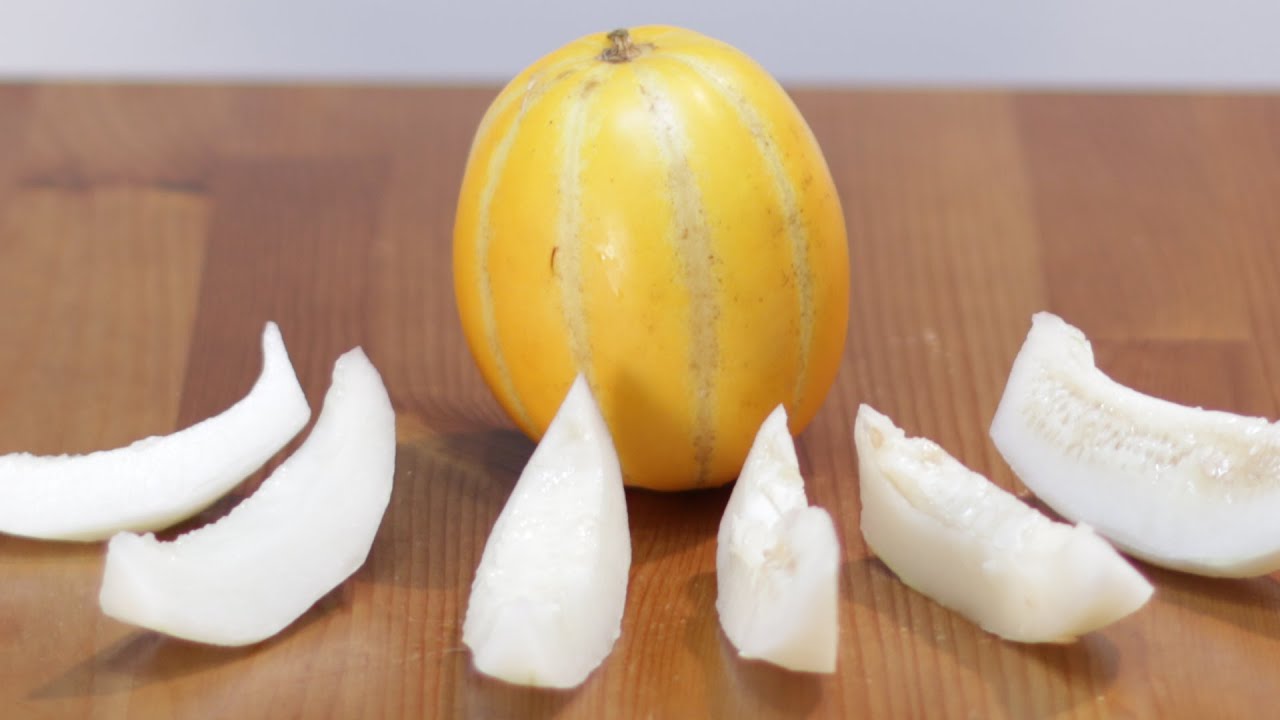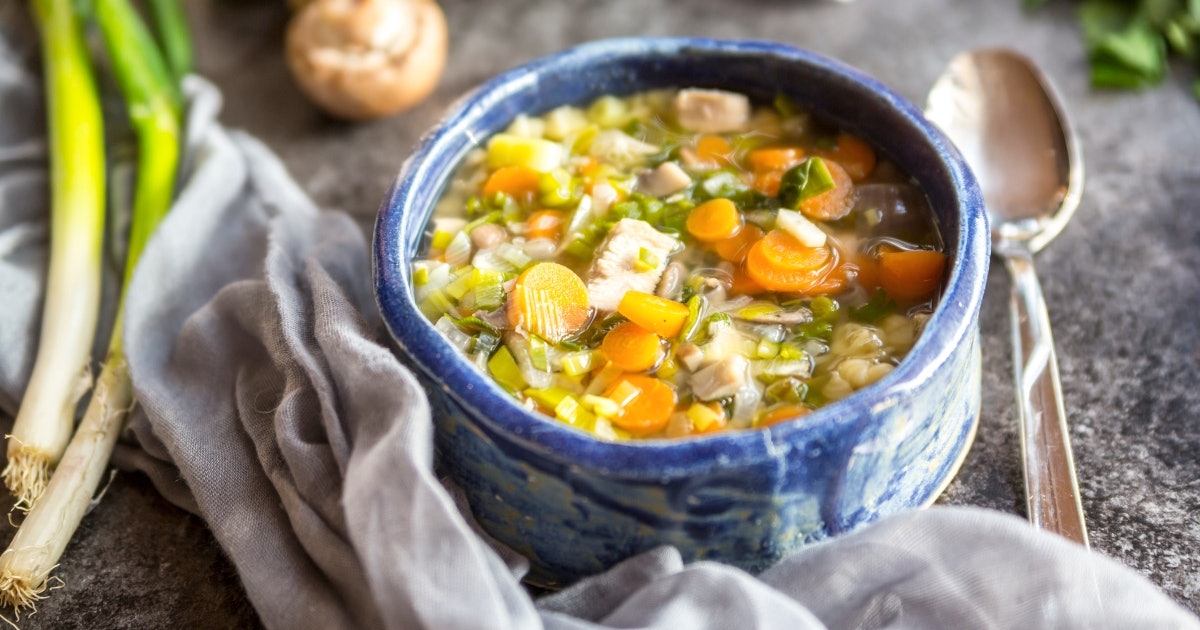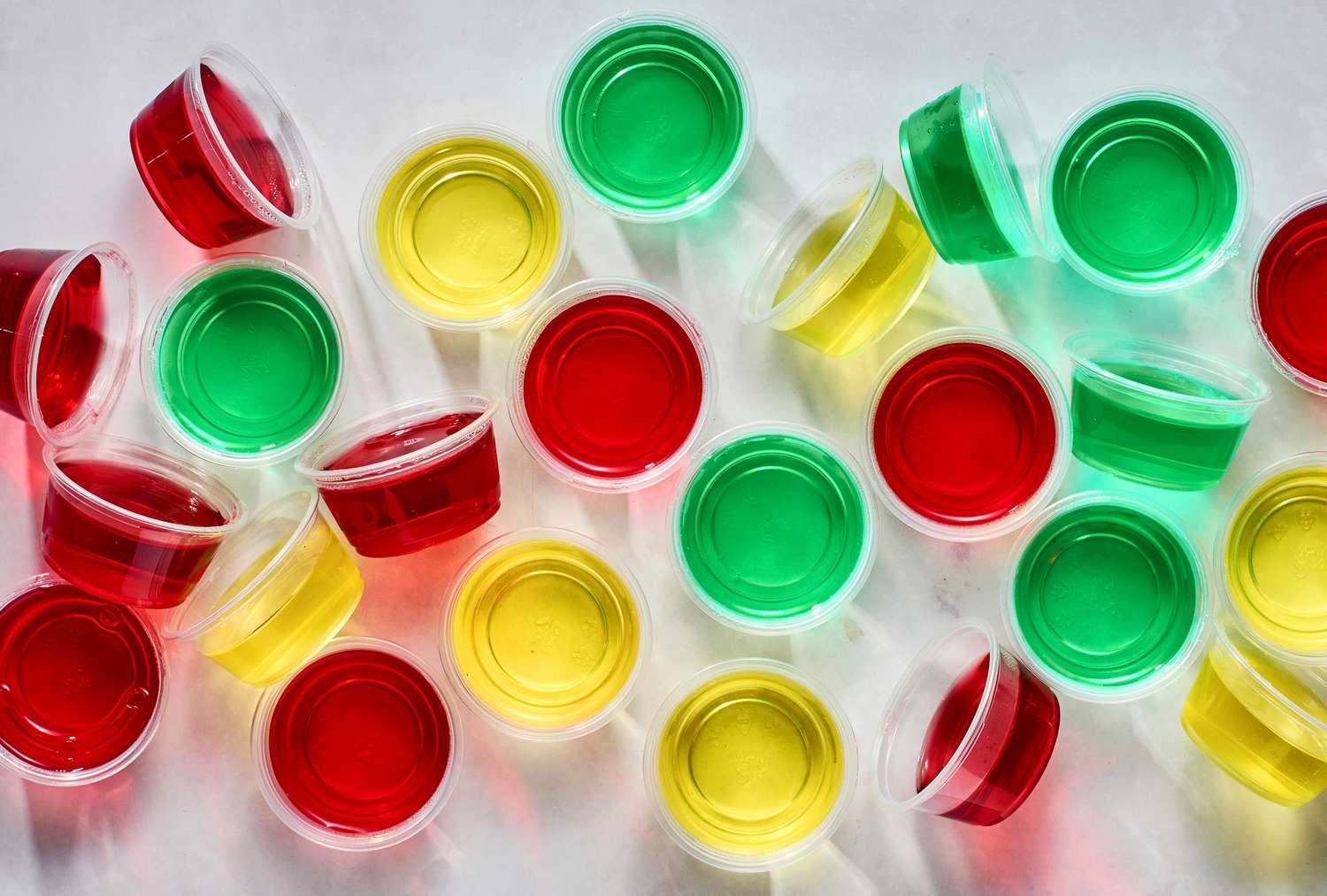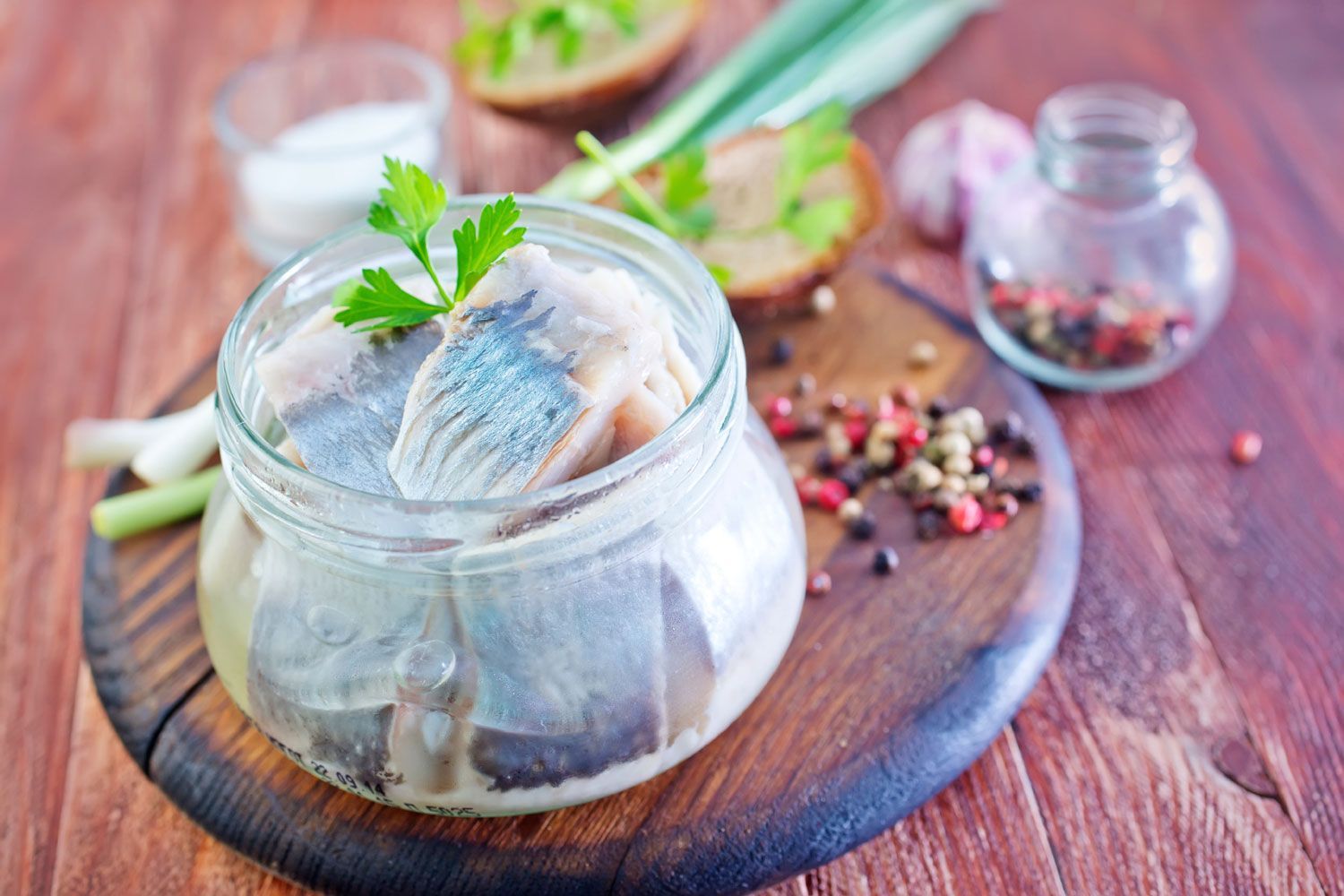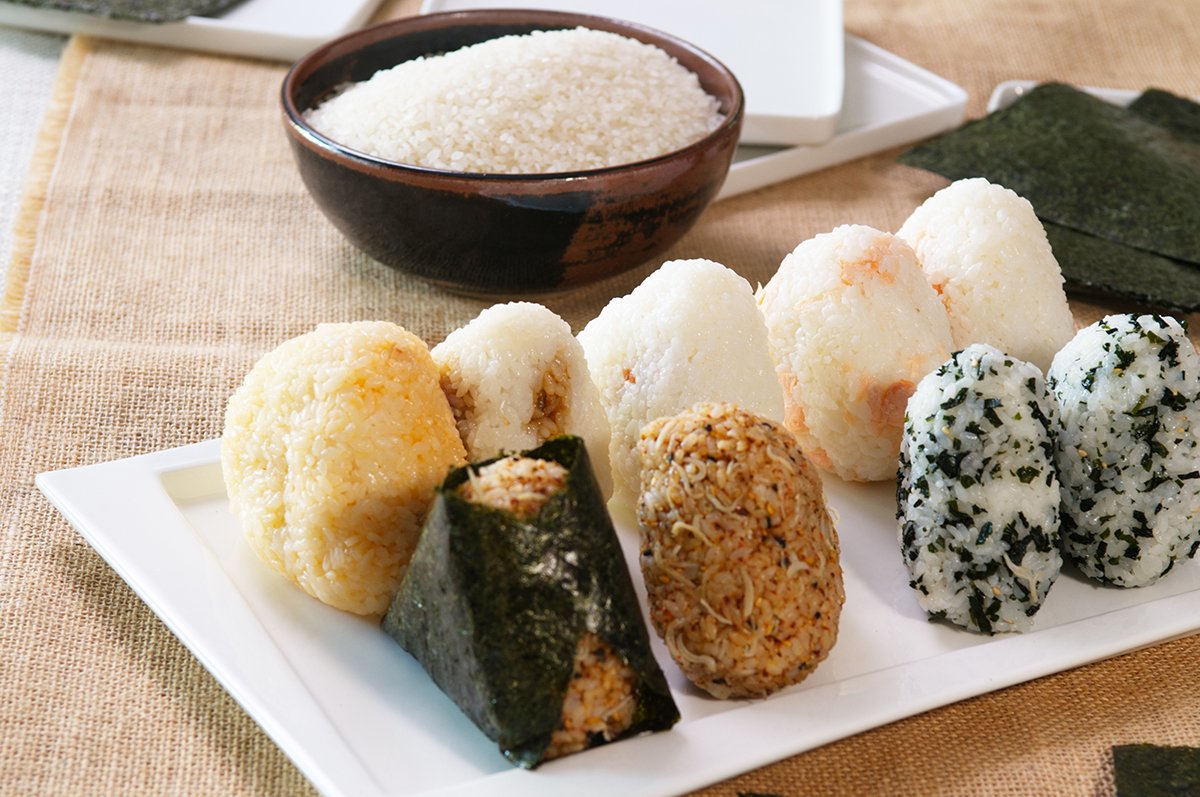Enjoying Melon: A Guide to Eating this Refreshing Fruit
When it comes to enjoying a delicious and refreshing fruit, few options can compare to a juicy, ripe melon. Whether you prefer watermelon, cantaloupe, or honeydew, there are a few tips and tricks to keep in mind to make the most of your melon-eating experience. From selecting the perfect melon to savoring every bite, here’s a guide to help you make the most of this delightful fruit.
Choosing the Perfect Melon
Before you can enjoy a delicious melon, you need to select the perfect one. Here are some tips for choosing a ripe and flavorful melon:
- Look for a melon that feels heavy for its size. This indicates that it is full of juice and flavor.
- Inspect the skin for any soft spots or bruises, which could indicate overripeness.
- Give the melon a gentle tap – a ripe melon will produce a deep, hollow sound.
- For watermelons, look for a creamy yellow spot on one side – this is where the melon sat on the ground and ripened in the sun.
Preparing Your Melon
Once you’ve selected the perfect melon, it’s time to prepare it for eating. Here’s how to do it:
- Wash the melon under running water to remove any dirt or bacteria from the skin.
- Use a sharp knife to carefully cut the melon in half, then scoop out the seeds with a spoon.
- For watermelons, consider cutting them into wedges for easy eating. Cantaloupes and honeydews can be sliced into bite-sized pieces.
Savoring Every Bite
Now that your melon is prepared, it’s time to savor every delicious bite. Here are a few tips for enjoying your melon to the fullest:
- Consider adding a sprinkle of salt or a drizzle of honey to enhance the natural sweetness of the melon.
- Pair your melon with other fruits for a refreshing fruit salad, or enjoy it on its own as a light and healthy snack.
- For a fun twist, try blending your melon with some ice to create a refreshing and hydrating smoothie.
Storing Leftover Melon
If you find yourself with leftover melon, it’s important to store it properly to maintain its freshness. Here’s how to do it:
- Place any leftover melon in an airtight container and store it in the refrigerator.
- For best results, consume the leftover melon within 3-4 days to ensure optimal flavor and texture.
By following these tips, you can make the most of your melon-eating experience and enjoy this delicious fruit to the fullest. Whether you’re enjoying it on a hot summer day or incorporating it into a refreshing snack, melon is a versatile and tasty fruit that is sure to delight your taste buds.
